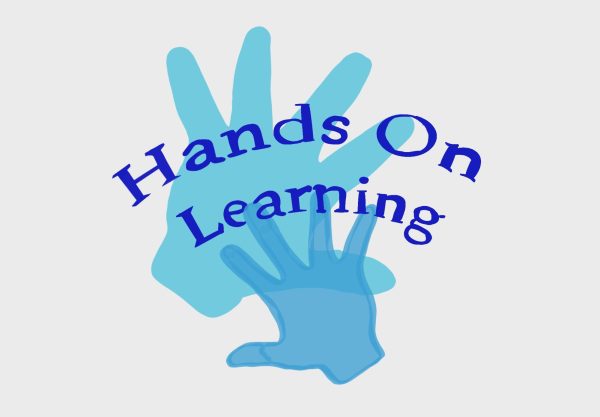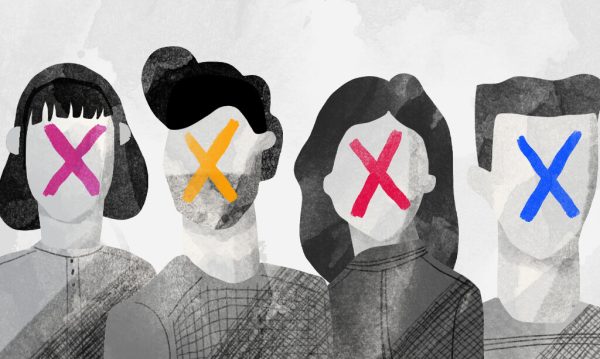Personal Finance Should Be More of a Priority in High Schools

After a short four years, high schoolers are ready to take on whatever challenges lie ahead. After many students attend college, they are finally free from the pressures that pervade their lives—studying, upholding social lives, all while maintaining sanity. Although recent graduates may think that they finally can manage their money however they wish, an immense amount of debt—averaging $37,172 per student, according to Debt.org—consumes many students after college. High school students do not have a sufficient idea of how to properly manage their money and just how that lack of financial knowledge can impact their future. Therefore, personal finance should be more of a priority in high school, as it teaches crucial lessons about financial responsibility and how to remain financially responsible in the years following graduation.
Many students do not enroll in a personal finance class, but with the addition of the extra period this school year, there is more room in students’ schedules to take a variety of business classes. Walpole High school offers business classes including Personal Finance, Accounting, Marketing, Entrepreneurship and Computer Applications. Personal finance is currently offered as a full-year elective open to all students with the primary focus of equipping students with sufficient career and money management skills for after high school. They cover topics such as budgeting, credit, taxes, insurance and saving and investing.
Many students do have some experience handling money, but only on a limited scale. Informing students how to handle money on a larger scale is the basis of personal finance. While a mandatory personal finance class certainly will not guarantee individual personal financial responsibility, it is surely an improvement the current system: Massachusetts has no requirements for teaching financial literacy at the high school level.
Financing one’s education is a pivotal aspect of the college application process. Students should not be expected to accept, or even apply for, financial aid if they do not even know what exactly that means. Students must understand the rudimentary basics of the terms of their offers to gauge the value of one university versus another.
When choosing a college, students must understand the importance of selecting one where they will be financially stable upon graduation. They should refrain from drowning in debt and loans accumulated from ill-informed decisions at the beginning of the college process. Yet, many high school students do not quite grasp that their post-graduation earnings may be limited; therefore, managing their earnings is imperative. According to Business Insider, an estimated 93 percent of high school seniors who took a personal finance class were more likely to save money, and 60 percent of those students now have a budget.
Therefore, introducing prevalent aspects of being a financially stable adult, such as a credit score, to high schoolers sooner rather than later is a wise idea, for they will gain insight on aspects of their adult life that are not too far ahead in the future. Decisions that high school students all eventually will make—choosing a college, choosing a career, buying a house—all require financial awareness that personal finance provides. Students should be more proactive in seeking these business classes, and Walpole High School should consider requiring such classes to educate oblivious teens.
High schoolers will soon be on their way to start a new era of their lives: an era with both freedom and responsibility. However, that responsibility may come with a feeling of being ill-prepared. As a result, Walpole High School students and staff should be more involved in ensuring that students are more informed financially before leaving high school.

Molly O'Connell, class of 2019, is an Editor-in-Chief for The Rebellion. In school, she is a part of National Honor Society, Latin Club, and Student Council....










